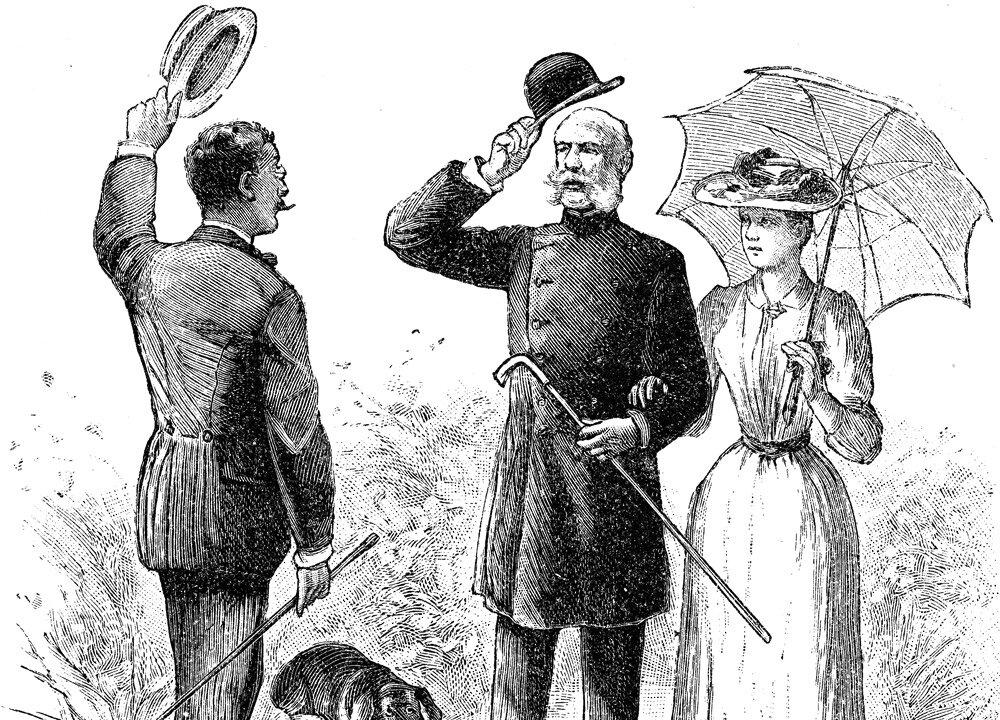In preparing a book of etiquette for ladies, I would lay down as the first rule, “Do unto others as you would others should do to you.” You can never be rude if you bear the rule always in mind, for what lady likes to be treated rudely? True Christian politeness will always be the result of an unselfish regard for the feelings of others, and though you may err in the ceremonious points of etiquette, you will never be impolite.
Politeness, founded upon such a rule, becomes the expression, in graceful manner, of social virtues. The spirit of politeness consists in a certain attention to forms and ceremonies, which are meant both to please others and ourselves, and to make others pleased with us; a still clearer definition may be given by saying that politeness is goodness of heart put into daily practice; there can be no true politeness without kindness, purity, singleness of heart, and sensibility.

